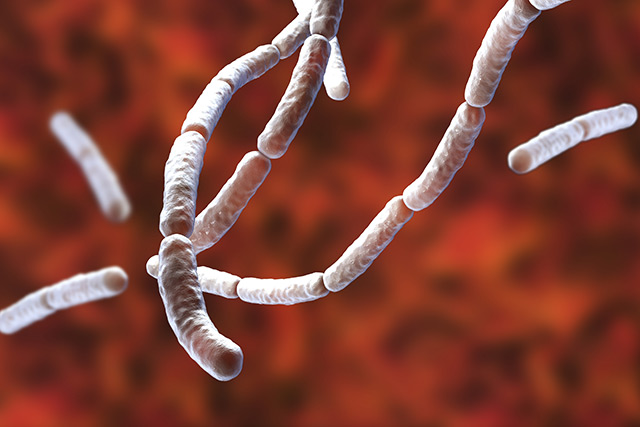
Astronauts make a lot of sacrifices in their line of work. The longer they stay in space, the more severely their health suffers. Latest research warns that long-term stays in space could drastically weaken the immune systems of astronauts, making them much more vulnerable to the onset and effects of deadly diseases like cancer.
The findings of the study add another item to the already long list of concerns involving NASA's future mission to Mars. It may even affect the even earlier return to the moon, which was far enough from Earth to be subjected to the full might of cosmic radiation.
Arizona-based researchers got hold of blood samples taken from eight astronauts before and after they went to space. Each participating astronaut spent an average of six months aboard the International Space Station, which was in low Earth orbit and still within the protective reach of the planet's atmosphere and magnetic field.
Their analysis showed that the natural killer (NK) cells of the participants had dropped to severely low levels after spending so much time in space. These NK cells are a class of white blood cells that destroy cancerous cells before the latter can start aggregating into tumors. (Related: Martian salad: Researchers conduct experiments to give astronauts access to fresh vegetables.)
Long spaceflights weaken the immune cells that fight cancers
Astronauts are exposed to cosmic radiation during spaceflight mission. The longer the mission and the farther away it takes place from the Earth's protection, the greater the exposure to stronger radiation, which can harm or kill cells.
"When we look at the function of the astronaut samples during flight compared to their own samples before they flew, it goes down," remarked University of Arizona (UA) researcher Richard Simpson, who taught classes on nutritional science. "When we compare them to controls who stayed on Earth, it still goes down."
Simpson concluded that the NK cell functions of the astronauts diminished during the time spent in spaceflight environments. This is a considerable health problem because not only are NK cells responsible for destroying cancer cells, they also take out diseased cells that had been infected by viruses.
"When you're in the space station, it's a very sterile environment — you're not likely to pick up the flu or a rhinovirus or some community-type infection — but the infections that are a problem are the viruses that are already in your body," he warned in a press statement. "These are mostly viruses that cause things like shingles, mononucleosis or cold sores; they stay in your body for the rest of your life, and they do reactivate when you're stressed."
In outer space, no one can hear rookie astronauts stress out
Stress exerts considerable effects on the human immune system. Astronauts are no exception to this – indeed, they are even more vulnerable to stress given their hostile work environment.
The NK cell functionality of astronauts who had never gone to space before were compared with those taken from their colleagues who had at least one mission beneath their belt. The immune systems of the rookie astronauts suffered bigger drops in functionality.
Simpson stressed the importance of figuring out the specific factor that weakened the immune system of astronauts during missions. That would allow researchers to manage the problem.
A compromised immune system is only one of the many health problems associated with spaceflight. Extended stays in the low-gravity environment of the International Space Station are shown to hamper the vision of astronauts, reduce the density of their bones, and cause their muscles to wither. Astronauts compensate by performing rigorous physical exercises every day.
See more stories about the science of radiation (and its health impact) at RadiationScience.com.
Sources include:
Please contact us for more information.

















